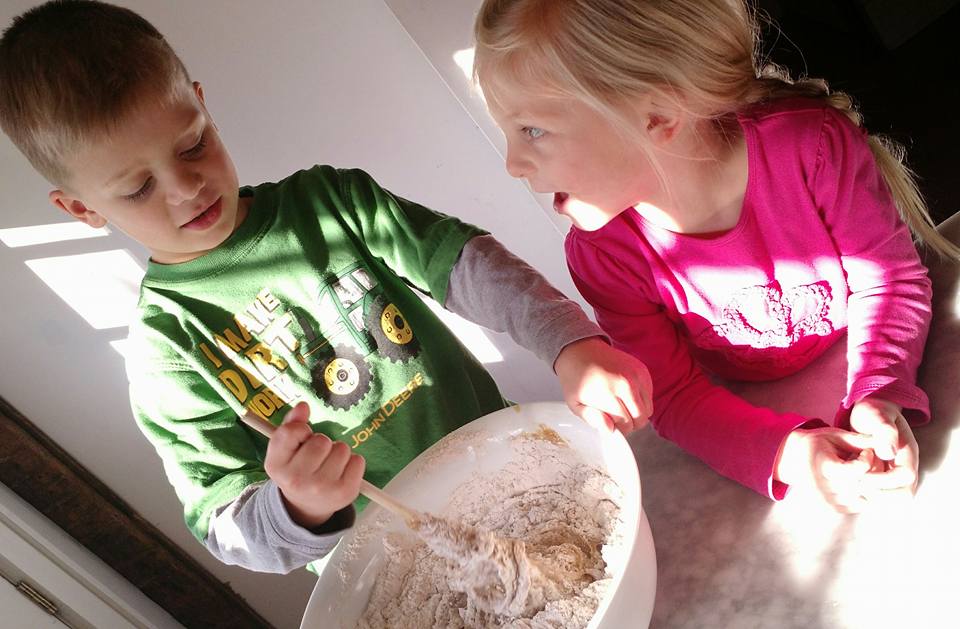
Today someone I’m friends with on Facebook posted a question asking if she was the only one who had her kids do workbooks over summer vacation.
And there were dozens of responses saying YES! and Absolutely! and I don’t want my kids to forget everything they learned over the summer!
I was the only person in the whole string of comments to reply No way.
This post is not meant to judge anyone who gives their kids structure over the summer and has them do some stuff to avoid the so-called summer slide.
For the first time ever I have planned this summer with some structure so as not to completely lose my mind.
Structure is not a bad thing. Even in the summer.
But as a former teacher I know there are so many more engaging ways you can help your kids exercise their brains and retain what they have learned over the school year.
I understand that for many people, workbooks are immediately accessible and the kids are familiar with them so they are easy and convenient to have your kids work on each day. I also understand that most parents don’t have a background in teaching, so workbook practice is the best way they can help their kids maintain what they learned over the school year.
And I know that sometimes kids actually enjoy working in/in them.
But if you really, really want to encourage your kids to stay engaged and exercise their intellectual muscles and enjoy what they are doing (which makes learning easier) I have a couple suggestions other than workbooks.
1. Take your kids to the bank and open a savings/checking account with them. Teach them how to deposit money and keep track of what they have in their account — this is real life addition and subtraction! Teach them about interest rates — that’s decimals and multiplication! — and about penalties and fees and all the other stuff that goes along with having a bank account.
2. Teach your kids to cook.

Make a different meal/dessert/whatever each week. Practice measuring out a cup of flour using different measuring amounts, or show how different amounts of liquid add up to one cup. This is such a hands-on way to teach your kids about fractions and equivalent fractions.
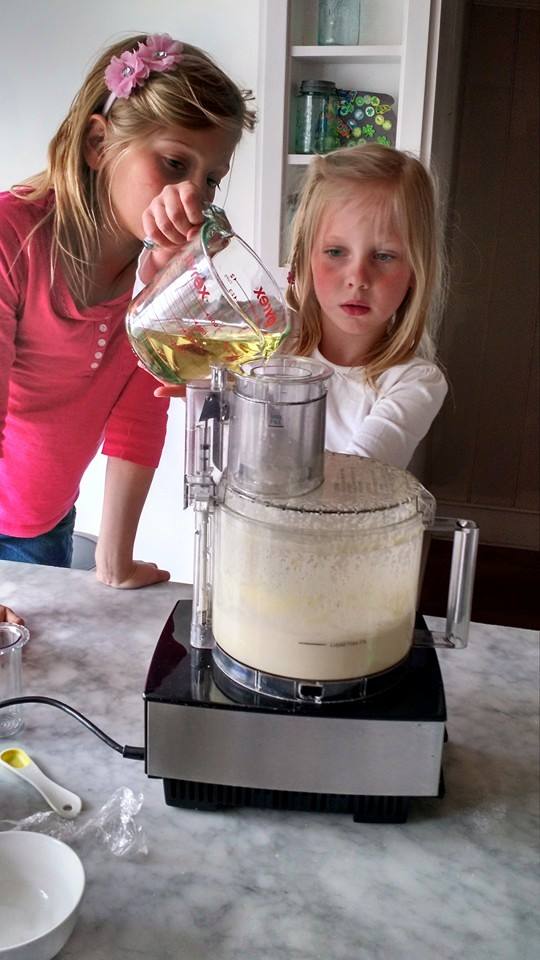 And I promise you if you give your younger-than-a-fourth-grader exposure to equivalent fractions this way, you will make math homework in the future much easier for him or her. And for yourself.
And I promise you if you give your younger-than-a-fourth-grader exposure to equivalent fractions this way, you will make math homework in the future much easier for him or her. And for yourself.
3. Build something. This is another great way to practice using fractions and show your kids how math is necessary in real life.
4. Go to the library. Let your kids just browse the books and sit and read for fun. No reading logs, no timers, no anything other than a book and pleasure.
5. Read. READ READ READ.
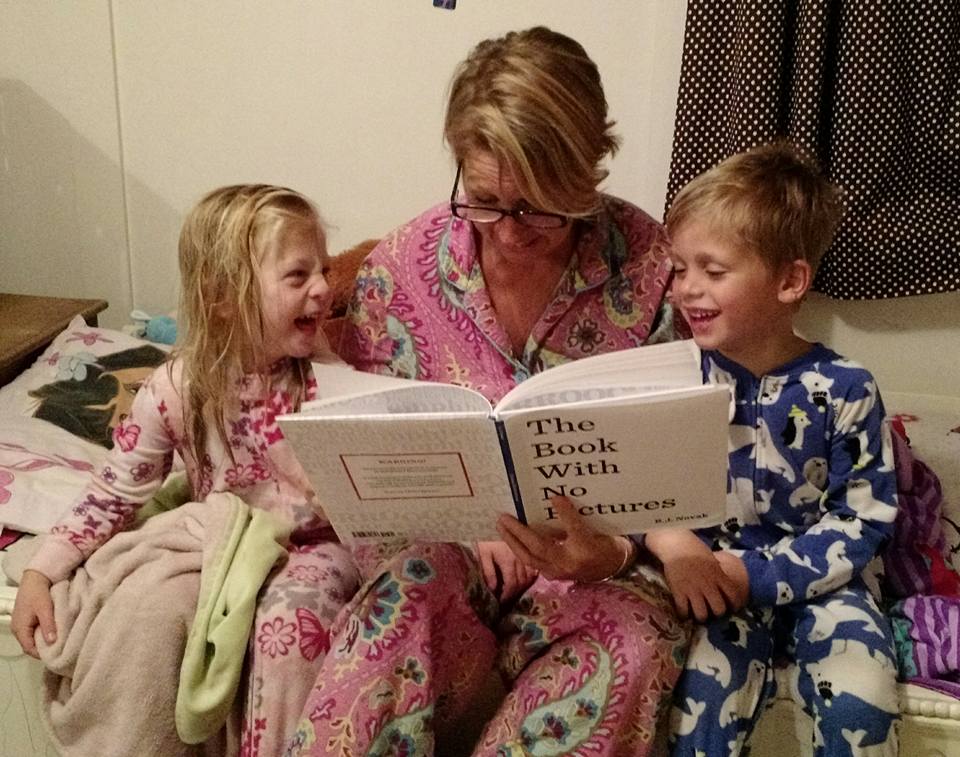
If there is one thing that will help your kids maintain what they’ve learned during the school year over the summer it’s reading. Read with them, read to them, read next to them, read before bed, read as a family.
Let them read wherever they want to.
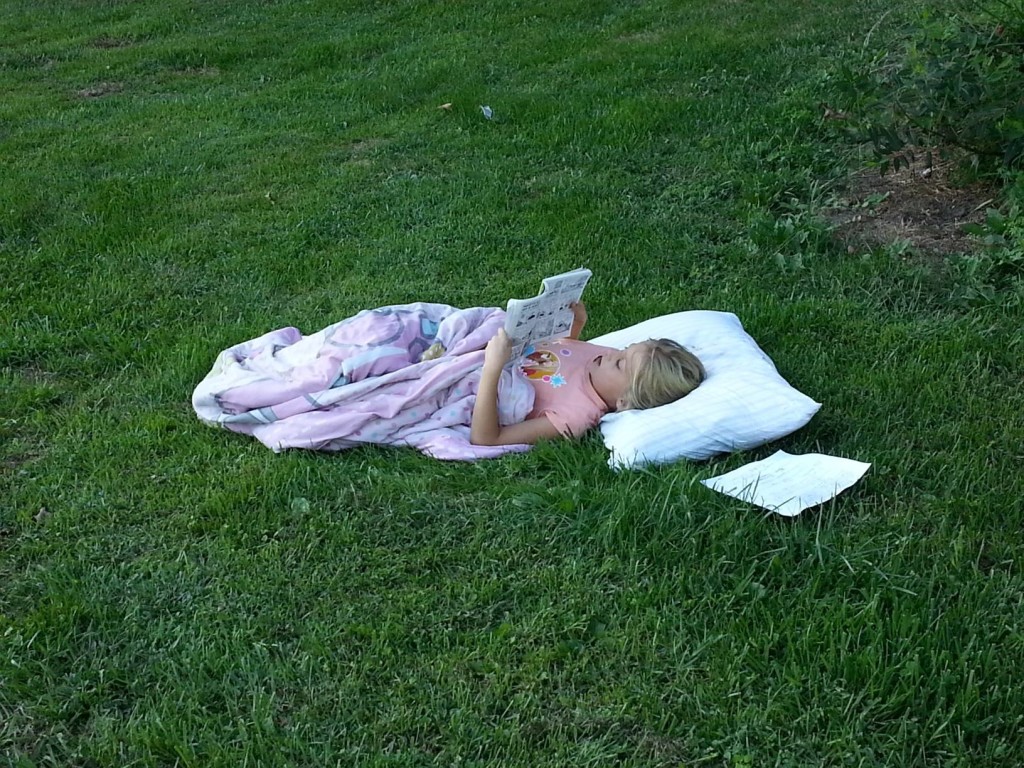 The more your kids practice reading and the more they see it as an enjoyable experience where they are able to spend quality time with you or relax and unwind, the more positively they will view reading. Especially your kids who are reluctant readers.
The more your kids practice reading and the more they see it as an enjoyable experience where they are able to spend quality time with you or relax and unwind, the more positively they will view reading. Especially your kids who are reluctant readers.
6. Take your kids grocery shopping.
Show them where to find the unit price of an item. Teach them how to determine what is actually the cheapest product based on the unit price. More real life math that they will use!
Give them a calculator and have them add up the price of each item. Teach them about a grocery budget. Let them see first hand how expensive food is.
Let them pay for the groceries. Teach them how to give an extra penny when the bill is $17.01 when they are paying so the cashier doesn’t have to give you $.99 in change.
If you take your kids somewhere like Costco and they ask you to get them something to eat, tell them they can, but they have to order and pay by themselves.
7. Help your kids set up a lemonade stand.
They will learn about overhead, investors (if you buy supplies for them), profit, and will get lots of hands-on, real life practice counting money.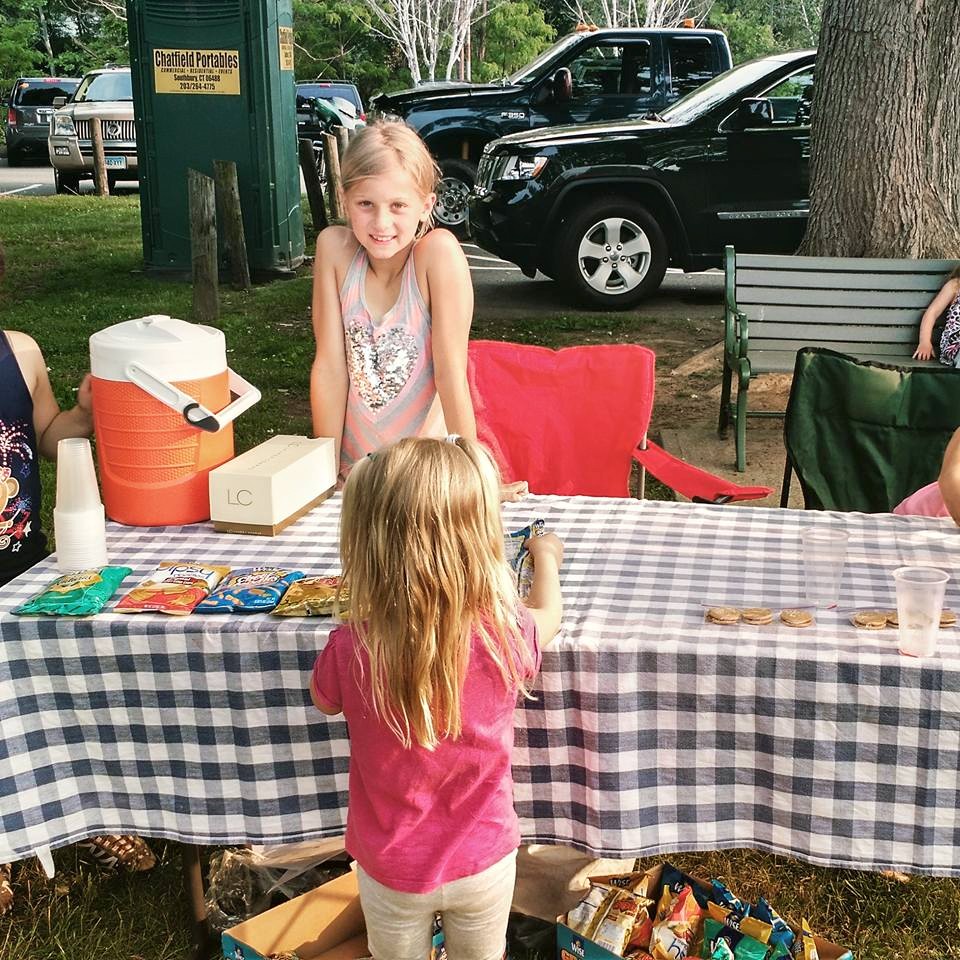
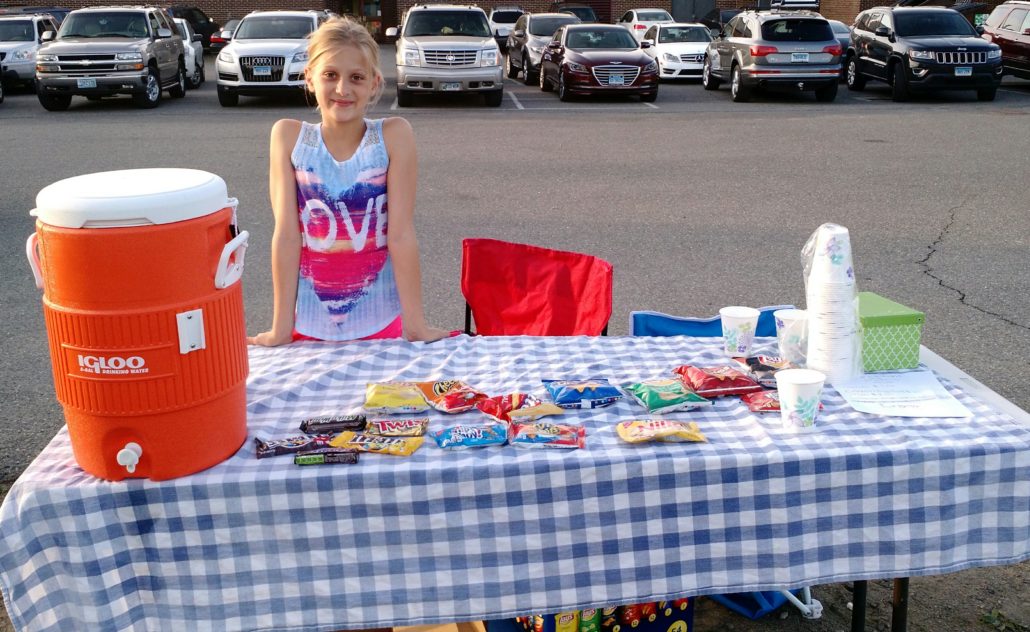
8. Write letters.
The best way to become a better writer is to write. Let your kids practice real-life writing by writing an actual letter to a friend.
You can have them write them out by hand or they can type them using the computer and then get some keyboarding practice in at the same time.
In addition to some real-life practice, it is super exciting for your kids to get an actual piece of mail in the mailbox.
9. Pay the bills with your kids.
Show your kids the electric, cable, cell phone, etc. bills. This is more real life addition and subtraction! This is an opportunity to teach them to balance a check book. Or give them Monopoly money with how much you have in your monthly budget, and have them subtract the monthly bills to see how quickly money goes!
10. Incorporate music into your routine.
Have your kids practice their instruments if they are in the band/orchestra. Let them practice anywhere — especially outside.
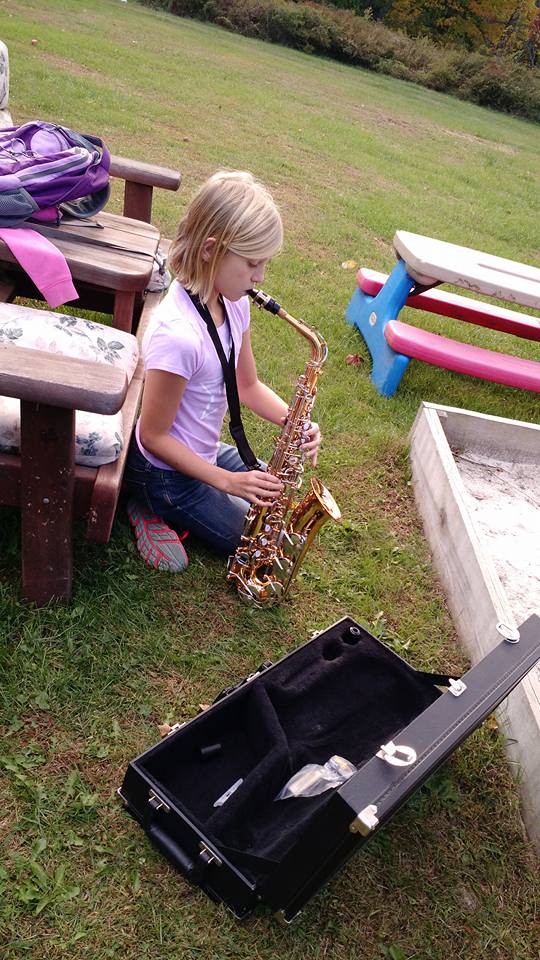
Let the older kids teach the younger kids how to play them or what certain notes are — kids love to be teachers!
Many towns have weekly concerts in the park or concerts on the green, and many public libraries also offer free concerts. Expose your kids to different genres of music.
Play Name That Tune at home with different songs.
Have a weekly music theme and introduce your kids to some “oldies” music from when you were a kid.
Let your kids teach you how to do The Pickle or whatever the latest dance is.
All of these things will help your kids keep their brains sharp without the monotony that often accompanies a workbook. And you will be helping them apply all this stuff to real life.
And that’s really the goal of an education anyway. Isn’t it?


Good post from one teacher to another! Have a great summer with your family!!
I agree with you
Great job , Susie as always. Always loved having your 4 th graders passed on to me in 5 th. Being able to think and solve problems independently is so important in the learning and life process. Fun years

LOVE this! We are actually working through a “Pocket” book of History? Had no idea what I was buying. But it’s a 10-week Project. My kiddo is rising 4th grade and wants to be a Cowboy, so we opted for “Moving West”. Each week has art projects and other stuffs to do. Takes about 3hrs of my time. So much better than, SIT HERE and do a worksheet. We do all the above as well. But I work from home, so I honestly need him to do something on his own (outside of YouTube).